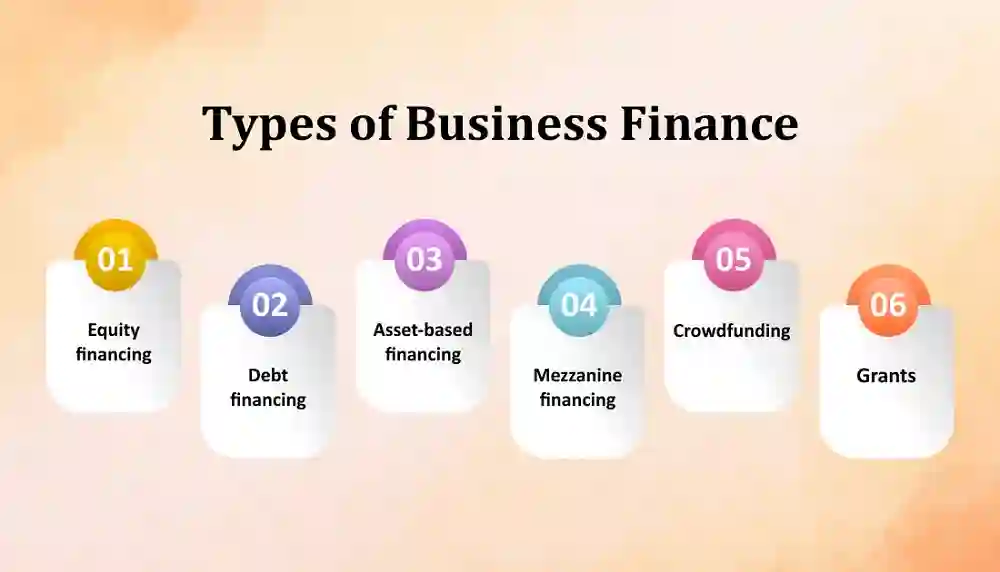How to Manage Business Finances Like a Pro

Introduction
Manage Business: If you’re running a business, here’s a truth you can’t escape: Manage business finances or prepare to face the consequences. I’ve seen it happen—heck, I’ve been there myself. You can have the best product or service in the world, but if your financial game is weak? It’s all for nothing.
I mean, I remember my first venture. I had this vision, a grand idea, and a “how hard could it be?” attitude. Fast forward to me trying to calculate cash flow with one hand while Googling “how to fix QuickBooks errors” with the other. Spoiler alert: didn’t end well. I could’ve used a course on how to manage business finances like a pro.
So, let’s get real about this. Forget the fluff. Let’s break it down step by step.
The Basics of Managing Business Finances
First things first. No, you don’t need to become an accountant (thank God, I barely passed that in college). But you do need to understand the fundamentals. You wouldn’t build a house without a solid foundation, right? Same goes for managing business finances.
1. Keep Personal and Business Finances Separate
Oh boy, this one is a doozy. Look, I get it. Mixing your personal and business finances feels like a shortcut at first. It’s not. I learned the hard way. One day I went to pay for coffee, swiping my “business” card—and it turned out, I was paying for an office party… and my personal lunch. Not ideal, let me tell you.
- Step one: Get a dedicated business bank account. (Trust me, it’s not just for the “I’m an official business now” vibes.)
- Step two: Separate credit cards. You’re gonna need them—one for your business, and one for that “I’m not looking at my balance right now” feeling.
- Step three: Pay yourself a consistent salary, like a normal person, and don’t just take random chunks of cash when you feel like it.
Keeping it all separate is a game-changer. No more scrambling when it’s tax season.
2. Track Every Penny (Seriously)
Alright, raise your hand if you’ve ever tried to track expenses on a napkin or the back of a receipt—guilty! Been there, done that. Now? I’ve wised up. Here’s the deal: when you manage business finances, you have to track every penny.
- Use software. No, not just Excel—you need accounting tools like QuickBooks or Xero. Honestly, this saved me more than once.
- Hold onto receipts like your life depends on it—because, well, it kind of does.
- Reconcile accounts weekly, not just once when you’re in a panic. Because trust me, tax time is not the time to freak out.
Here’s the thing—I used to shove receipts into a drawer, and now I spend five minutes a day scanning and categorizing. That extra five minutes is worth it when the IRS doesn’t show up at your door, trust me.
Budgeting: Think of It Like Your Business’s GPS
Listen, you wouldn’t leave for a road trip without a map, right? Well, same goes for managing business finances. A good budget is your roadmap, and without it, you’ll end up getting lost in the weeds.
1. Create a Realistic Budget (No Fantasy Land)
If you think you’re gonna budget like a corporate mogul in a movie? Nah, you’re not. Keep it grounded. I used to set budgets based on “best-case scenarios,” which worked—until it didn’t.
- Factor in fixed costs first (rent, payroll, all that jazz).
- Account for variable costs, like marketing and travel. Oh, and supplies. Lots of supplies.
- Leave wiggle room for emergencies. Trust me, you’ll need it.
Set realistic goals, because setting yourself up to fail isn’t gonna help anyone. Think of it like not setting yourself up to have a meltdown when a client suddenly cancels. (Which I learned the hard way, btw.)
2. Cut Costs (Without Killing Your Mojo)
We all know those things that drain the budget—unnecessary software subscriptions, overpriced coffee machines, office decor you really didn’t need (yet I bought that vintage-looking lamp anyway…).
But cutting costs doesn’t mean you should fire your whole team or shut down your marketing campaign. It’s about smart choices.
- Negotiate with suppliers. Seriously, they want your business—don’t just accept the first price.
- Automate tedious tasks. I learned this the hard way when I spent HOURS on a task I could’ve automated with a click.
- Avoid impulse buys. Remember that espresso machine I mentioned? I thought it was a necessity. It wasn’t.
Save where you can, so you can reinvest in things that’ll help your business grow.
Cash Flow: The Pulse of Your Business
Let’s get one thing clear—without cash flow, you’re sunk. It doesn’t matter how great your product is; if there’s no cash in the bank, you’re in trouble. I mean, I didn’t really learn this lesson until my first “money in, money out” panic attack.
1. Get Paid Faster
Manage Business, The quicker your clients pay you, the better. Sounds simple, but I’ve found a lot of people dragging their feet when it comes to invoices. Me? I send that invoice as soon as the job’s done.
- Send invoices immediately—don’t let them pile up.
- Offer discounts for early payments. You’d be surprised how many people take you up on that.
- Charge late fees. They’ll get the hint.
The sooner they pay, the sooner you can spend on what matters—like, I don’t know, keeping the lights on?
2. Delay Payments Strategically
Just like you want clients to pay you fast, you should stretch out your payments as much as possible—without pissing off your vendors.
- Negotiate longer payment terms with your suppliers.
- Use credit wisely. I’m not saying max out your credit cards, but a business card with good terms can buy you time.
- Pay just before the due date. Why give them your money early?
Cash flow management is all about timing—get it wrong, and you could face some serious trouble.
Tax Time: Be Ready
Tax season is like trying to untangle Christmas lights—no matter how many times you do it, it’s always a pain. But don’t worry, you can survive this with some prep work.
1. Stay Organized Year-Round
Trust me, scrambling for receipts in April is not a good look. I learned this the hard way after I spent an entire afternoon turning my office upside down for a missing receipt.
- Keep detailed records. No, seriously, don’t make my mistake.
- Work with a tax professional if you can. Don’t rely on Google when it’s April 14th.
- Take all the deductions you can legally claim. It’s free money!
Get it together early in the year. Your future self will thank you when you’re not crying over missed deductions.
2. Save for Taxes
You’re gonna owe money, so set it aside now. Don’t wait until the IRS comes knocking.
- Estimate your tax payments quarterly.
- Put money in a separate account just for taxes.
- Don’t procrastinate. Tax bills don’t go away on their own.
Trust me, the last thing you want is a surprise tax bill that knocks you off track. Save up in advance!
Conclusion: Manage Business Finances Like a Pro
Manage Business: Managing your business finances isn’t about being perfect. It’s about staying on top of things, making smart choices, and being prepared for the unexpected. I’m telling you from experience: if you manage business finances well, everything else falls into place.
Take it one step at a time. Review your budget, track your cash flow, save for taxes, and always, always keep learning. Eventually, you’ll feel like a pro—without the sleepless nights. Trust me on that one.







